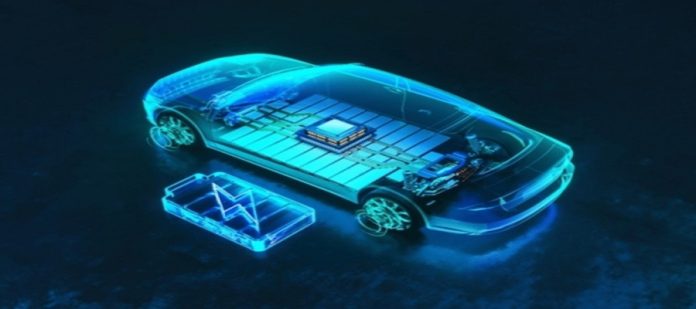In the ongoing technological rivalry between the United States and China, the focus has shifted from semiconductors to a new frontier: batteries for electric vehicles (EVs). Recent developments reveal an escalation in tensions as both nations vie for dominance in the rapidly growing EV sector.
The U.S. Departments of Treasury and Energy have proposed regulations that would impact electric vehicle buyers, particularly those seeking tax credits. The rules suggest restrictions on claiming tax credits for EVs containing battery materials from countries deemed “hostile” to the U.S., including China. This move directly challenges President Joe Biden’s climate law, which offers consumers up to $7,500 in subsidies for domestically manufactured EVs using primarily U.S.-sourced materials.
China’s Ministry of Commerce swiftly responded, condemning the proposed rules as discriminatory and a violation of World Trade Organization (WTO) regulations. The ministry argued that excluding Chinese suppliers from U.S. tax benefits represents a non-market-oriented policy and practice.
The proposed regulations aim to reduce the United States’ reliance on China’s supply chains, reflecting a broader trend of economic decoupling. However, critics suggest that such measures could impede President Biden’s ambitious plan to slash greenhouse gas emissions by 50% by 2030, as the rules may hinder efforts to boost EV sales.
At stake is not only the economic rivalry but also the competition for supremacy in the EV battery market. China’s leading battery manufacturers, CATL and BYD, currently command approximately 53% of global EV battery usage. The U.S. seeks to curtail China’s dominance in this sector, especially as the world transitions toward electric vehicles.
South Korean giants, including LG, Samsung, and SK On, offer competitive alternatives to China’s batteries. However, even these Korean firms are grappling with the geopolitical complexities arising from the U.S.-China standoff.
Despite SK On’s involvement in battery plant projects with Ford and Hyundai in the U.S., its parent company, SK Group, President Chey Tae-won, recently criticized the U.S. for keeping battery costs high. This has prompted SK On to explore alternative sources for non-Chinese materials, highlighting the challenges faced by global players in the EV battery supply chain.
In response to the proposed U.S. regulations, Chinese battery manufacturers are scrambling to establish factories in America to maintain eligibility for the EV tax credit. Industry giants such as Gotion, BYD, and CATL have strategic plans for U.S. manufacturing, though obstacles persist. For instance, Ford has temporarily halted plans for a $3.5 billion EV battery factory with CATL in Michigan as U.S. policymakers scrutinize its dealings with the Chinese firm. The outcome of this power struggle will not only shape the future of the EV industry but also impact global trade dynamics in the evolving landscape of technological competition.








